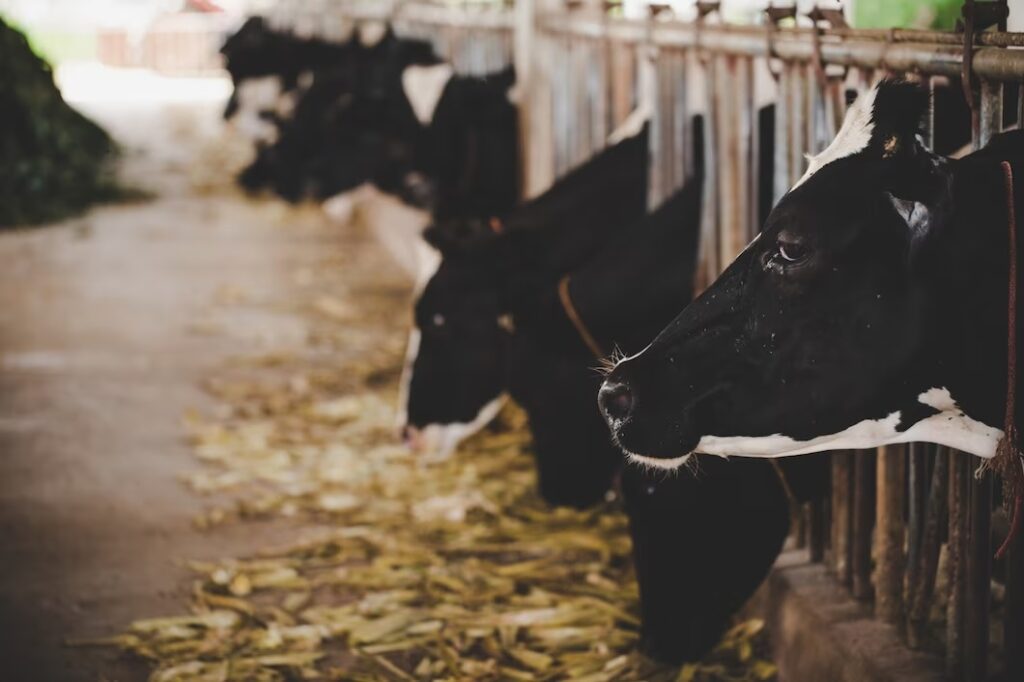
The agricultural sector has always been pivotal in shaping economic landscapes globally, but recent technological advancements have transformed farming practices from traditional to highly efficient systems. In this article, we explore five cutting-edge innovations that are redefining the boundaries of modern farming.
These breakthroughs not only enhance productivity but also contribute to sustainable agricultural practices, ensuring the future is greener and more bountiful.
1. Precision Agriculture
One of the most significant advancements in the agricultural industry is the rise of precision agriculture. This technology leverages data from GPS and IoT sensors to guide farming operations, enabling farmers to maximise yields while minimising waste.
By analysing data on soil conditions, weather patterns, and crop health, farmers can make informed decisions about planting, watering, and harvesting. Precision agriculture represents a shift towards more data-driven farming methods, which lead to higher crop productivity and reduced environmental footprint.
2. Automated Farming Equipment
Automation has swept through various industries, and agriculture is no exception. Today, automated tractors, drones, and robotic harvesters are becoming commonplace on farms. These machines work around the clock, unaffected by human limitations, thus speeding up production cycles and reducing labour costs.
Automated farming equipment is particularly beneficial in tasks that require precision and endurance, such as planting seeds at consistent depths across vast fields or harvesting crops at their peak.
3. Vertical Farming
As urban areas expand, the need for innovative farming solutions within city limits has given rise to vertical farming. This method involves growing crops in stacked layers in a controlled environment, using soil-less farming techniques like hydroponics, aquaponics, and aeroponics.
Vertical farms can significantly increase crop yields per square metre compared to traditional farming, while also using less water and eliminating the need for chemical pesticides. This sustainable approach not only conserves space but also reduces the carbon footprint associated with transporting food from rural to urban areas.
4. CRISPR Crop Optimization
CRISPR technology, a groundbreaking genetic editing tool, has found its way into agriculture, allowing scientists to enhance crop resilience and yield. By tweaking the genetic makeup of plants, researchers can develop varieties that are more resistant to pests, diseases, and extreme weather.
This innovation holds the potential to drastically reduce crop losses and chemical pesticide use, paving the way for more sustainable farming practices worldwide.
5. Sustainable Livestock Management Tools
In the realm of livestock management, new technologies have emerged to enhance animal welfare and farm efficiency. Top-tier livestock equipment manufacturers are now producing innovative tools that monitor animal health, automate feeding processes, and manage waste more effectively.
These tools help farmers maintain high standards of care for their animals while optimising the overall productivity of their operations.
Wrapping Up
The future of farming is bright with these technological innovations leading the charge towards a more efficient and sustainable agricultural industry. As farmers and agribusinesses adopt these technologies, we can expect a significant transformation in how food is grown and distributed.
This shift not only benefits the agricultural sector but also contributes to global efforts in combating climate change and promoting food security. Harnessing the power of technology in agriculture is indeed a promising pathway to feeding the world’s growing population sustainably.
For more insights into how technology is shaping other industries, consider exploring the impact of digital transformation in healthcare.
